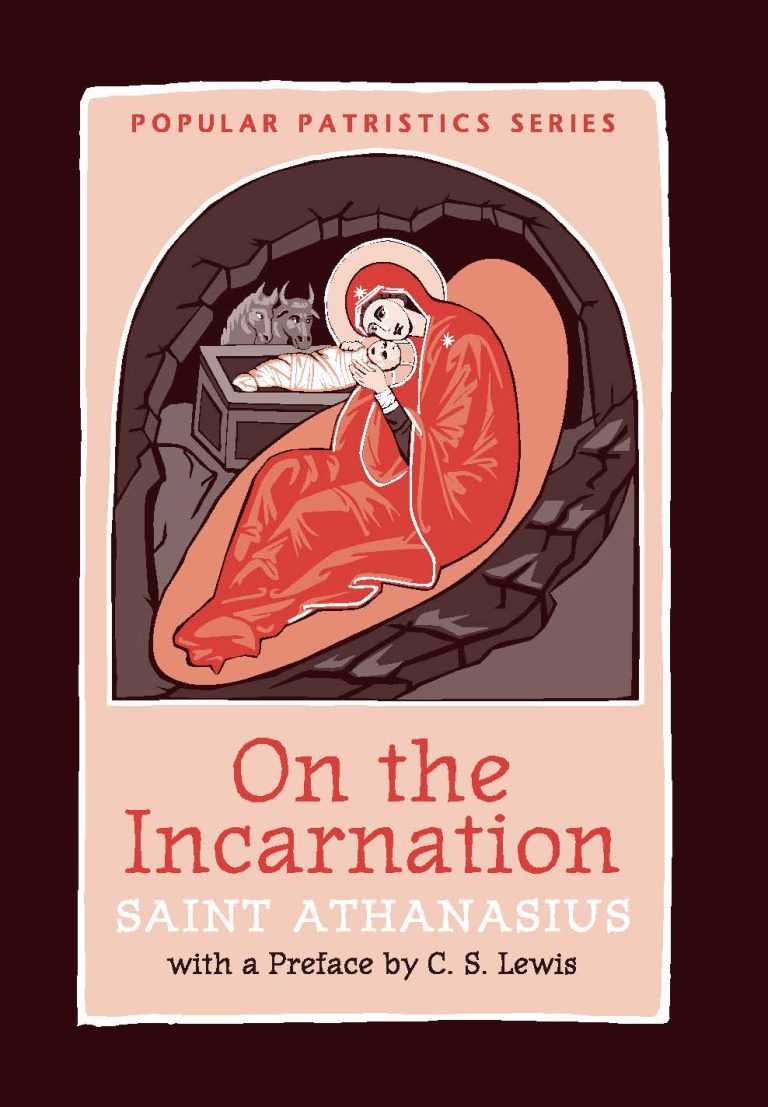
Ancient Anglican
A Modern Perspective on Early Christian Thought.
New on the Blog
On the Incarnation – Its Solution in the Incarnation, pt.2
As we immerse ourselves within an understanding of the Incarnation, don’t lose sight of ultimately what Athanasius is saying – that God’s very wisdom from which time itself was created and which is incomprehensible, immutable, impassible, and incorruptible inserted itself within its creation and became subject to change, suffered, and died for us out its essential nature of love and compassion.
On the Incarnation – Its Solution in the Incarnation, pt.1
In Chapter 3, Athanasius sets forth a second reason for the Incarnation and that was so that we may fully know God and thus become fully human.
On the Incarnation – The Divine Dilemma, pt.2
Athanasius says the Son became Incarnate so that he “might become in dying a sufficient exchange for all.” What is the “exchange” of which he speaks? Who are the parties to the transaction and what is being exchanged? Does this exchange require that Jesus is fully God?
On the Incarnation – The Divine Dilemma, pt.1
Throughout this chapter, however, Athanasius continuously goes back to the cause of the Incarnation, which is that God is Good (s.6) and is moved with compassion towards us, pitying our race for our limitations, and condescending to our corruption (s.8).
On the Incarnation – Creation and Fall, pt.2
One of those concepts within chapter one (section 4) is that sin causes us to return through corruption back into non-being. Lewis’ book The Great Divorce, is a story of people in hell who are given the glimpse and opportunity to reside in heaven and the book describes this very process of people becoming non-being due to their sin.
On the Incarnation – Creation and Fall, pt.1
For Athanasius, we can only understand the importance and necessity of the Incarnation if we understand that the same agent that created the world (the Logos) is that which becomes incarnate in Jesus of Nazareth.
1 Corinthians 15:29-16:24
A surface reading of this verse leads to the interpretation that 1) members of the Corinthian congregation were being vicariously baptized for the benefit of those who had already died and 2) Paul has no objection to the practice.
1 Corinthians 14, pt.2
These verses, at least in the modern context, challenge us in the use of proof-texting Scripture. Taking a particular verse of Scripture in which to build a position can be dangerous.
1 Corinthians 14, pt.1
The overall principle that Paul desires is a mature, edifying, decent, and orderly worship.
1 Corinthians 13, pt.2
Beginnning in Chapter 11, Paul argues that divisions are overcome by discerning the body of Christ within the Eucharist and the Church. In this way, we realize that divisions are not based upon Christ but secondary issues. We make this discovery through the recognition of the primacy of love in Chapter 13.
1 Corinthians 13, pt.1
Since Jesus commands us to love our enemies, how must be apply the love described in verses 4-7 to that person?
1 Corinthians 12, pt.2
Like Plato’s Republic, within this chapter, Paul is providing us with a different type of community with Jesus as Lord and each of us performing a specific function or office within this new unified undivided community.


